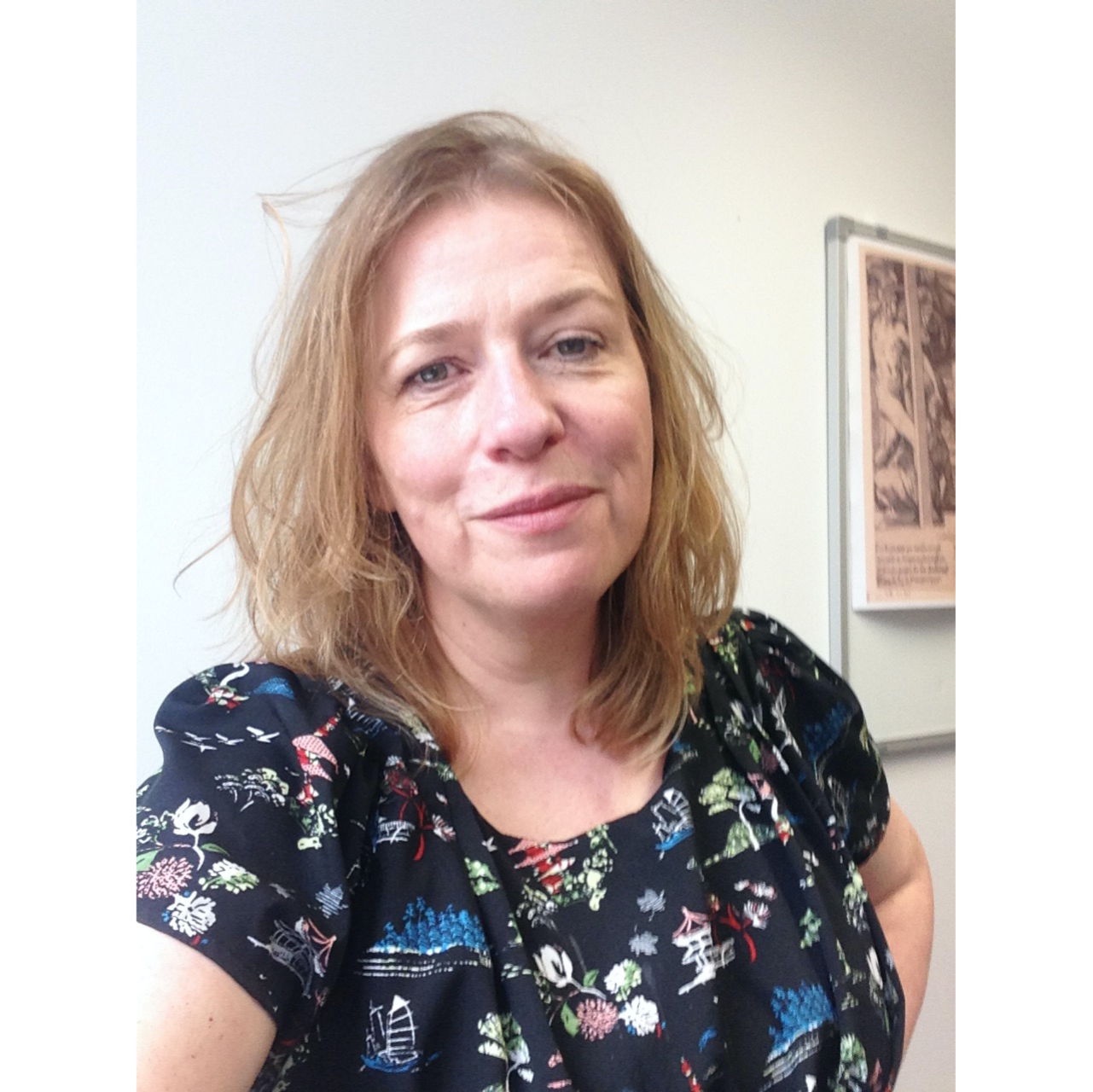Keynote Speaker

Jill Burke
Professor of Renaissance Visual and Material Cultures, University of Edinburgh
Jill Burke is a leading international expert in Italian Renaissance Art. She is a historian of the body and its visual representation, focusing on Italy and Europe 1400-1700. Her groundbreaking and politically-engaged research seeks to reformulate the understanding of the representation of the body in Italian and European early modern culture. Jill is currently investigating how people in the Renaissance tried to look good - how they sought to change their bodies, faces and hairstyles to meet beauty ideals. Her book, How to Be a Renaissance Woman, will be out soon. Jill's frequently acted as a consultant for various companies about renaissance cosmetics and personal hygiene, and is also working on a website and educational resource on YouTube that show the public how to make renaissance cosmetic recipes.
Her previous book, The Italian Renaissance Nude (2018) was selected for Choice's 2019 Outstanding Academic Titles list and reviewed as 'essential' and a 'keystone for future studies'. Jill also co-edited The Renaissance Nude, the catalogue for the exhibition of the same name in Los Angeles and London in 2018-19 and was on a curatorial team of this exhibition. She's talked about nudes on TV, radio and podcasts. Jill also writes a well-regarded research blog.
Jill also contributed to 'Decolonizing Art History', in the Association's journal, Art History, in February 2020.
Keynote Lecture:
Experiments in Renaissance Art History at the End of the World
It seems peculiarly self-indulgent to talk about Renaissance art in 2021. With almost 150,000 excess deaths in the UK alone, spiralling poverty rates worldwide, and the environment on the brink of collapse, surely there’s more pressing concerns? Over the last two years, I’ve been leaning into the sore point of my career choices and considering the ethical context of Renaissance art history. In 2019, I was embroiled in the so-called culture wars as part of the ‘Renaissance Nude’ exhibition team, after a fabricated story about the imposition of a gender quota was shared in the press worldwide. The next year, I wondered (aloud, in the pages of Art History) whether it was ever possible to practice European Renaissance art history in an ethical, ‘decolonised’ way.
Since then, I’ve been working on the effect of images on audiences both now and in the Renaissance: how beauty ideals and ways to achieve them can be related to the fetishization of whiteness, gender control and social stratification; on how scenes of sexual violence were understood, and how they are presented today. I’ll investigate in this lecture how the Italian Renaissance could be understood as the point of departure for European visual conquest, the headwater of an art historical practice that decides what should and what should not count as ‘art’, and who should be counted as an ‘artist’ worthy of canonisation. I’ll consider recent scholarship that addresses these questions, and suggest a few ideas about where we can go next.
CONTACT US
ASSOCIATION FOR ART HISTORY
70 Cowcross Street
London EC1M 6EJ
+44(0)20 7490 3211
info@forarthistory.org.uk
CONNECT WITH US
![]()
![]()
![]()